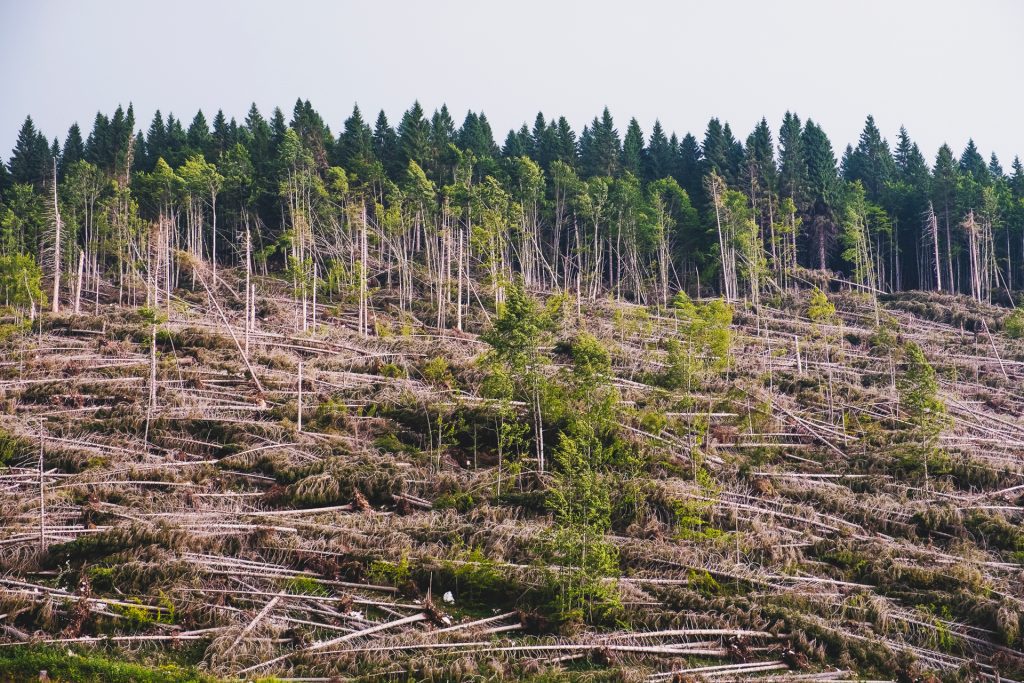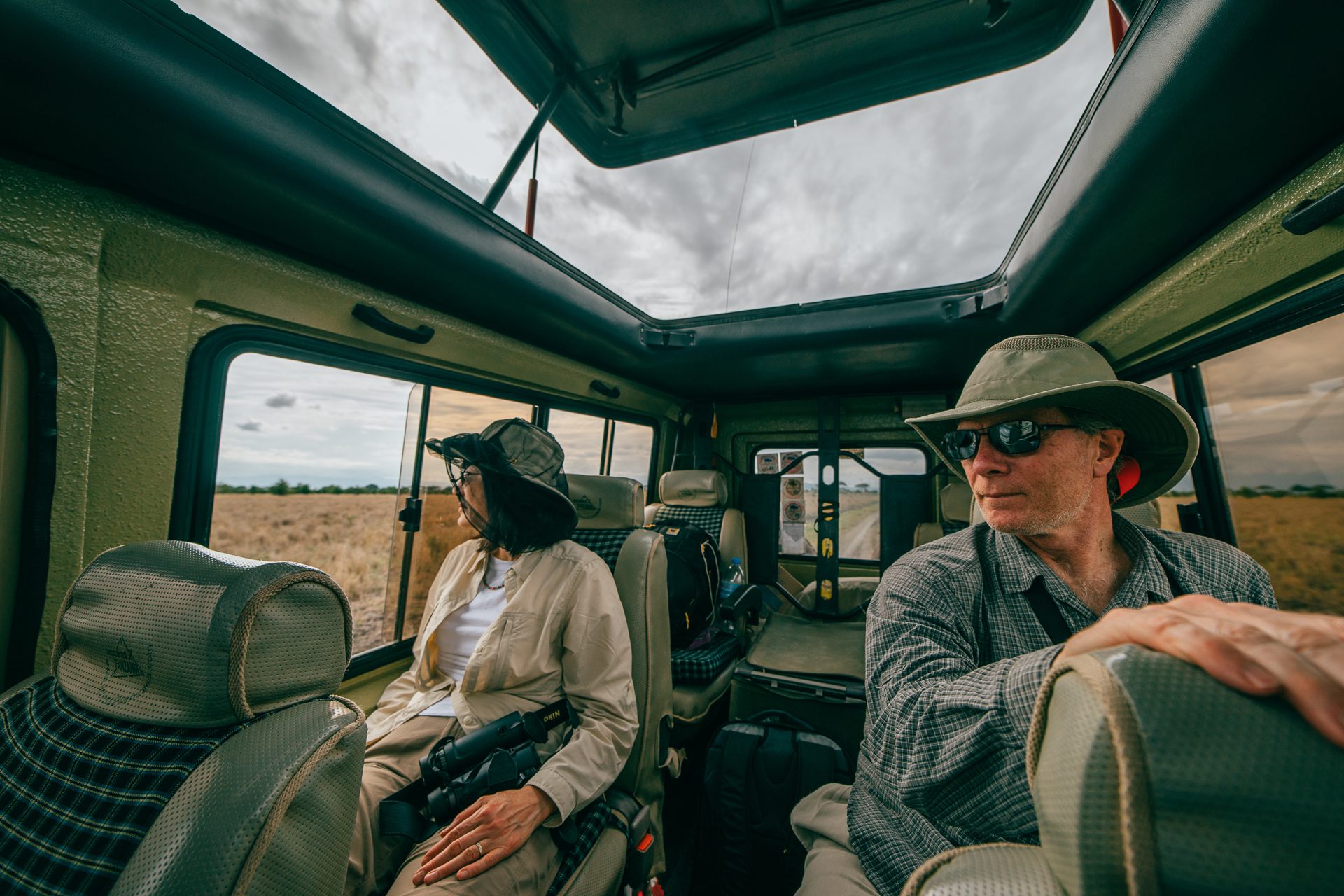The world is experiencing trends of increasing environmental destruction and global warming phenomenon. Whether you believe in global warming or not, it is clear that the weather patterns seem to be a bit off-kilter and are having an effect across the globe.
On the African continent, the trends of climate change have been a factor as long as we can remember, which has fuelled the creativity of clever individuals who have found new inventions and solutions as they have tried to improve life. It has also had an effect on the birds, insects, plants, reptiles and mammals on this continent and we have seen nature diversify in amazing ways.
So how are these trends all affecting birding worldwide now?
Global trends affecting birdlife
Industrial Farming
Did you know that 74% of threatened birds are affected due to farmlands increasing? Not only is habitat being destroyed, but pesticides also affect the birdlife and can cause poor health in the birds. Fortunately, farming has taken an eco-conscious approach where wildlife and plant life are being carried out in a compatible and sustainable way, which is also meaning that farmers can get a premium price for these crops while supporting the environment.
Logging
There is a high percentage of birdlife in forests, which means logging creates a big problem for birds. With segments of their habitat being removed, the birds have less place to live and are unable to fly between remaining fragments. Logging is driven by global demand for timber, paper and land on which to grow commodity crops and biofuels. There are agencies that promote the planting of trees and run projects to empower the local community to monitor and manage their own forests.

Invasive Species
Invasive species can have a detrimental effect on birdlife. Did you know that over the last half-century, interlopers such as rats and mice have been responsible for more than 70% of bird extinctions? Birds in remote areas like islands are particularly susceptible to this because they have had very few natural predators. Keeping these invasive species in check is vital in ensuring that the native bird species can continue existing.
Hunting and Trapping
Illegal hunting and trapping can decimate a species in a short space of time. This has been particularly experienced by exotic species which have been illegally sold internationally. One of the ways to change this is to change the law, or make the penalties steeper for the people who are captured. There are agencies that are working to prevent illegal hunting in countries and some in fact use drones to monitor illegal bird trapping.
Climate change
Nearly a quarter of bird species have been adversely affected by climate change. The breeding and migratory patterns are changing which means that often food supply does not match demand because insects are hatching at different times to migrations.
There is no doubt that the contribution of different environmental change factors will become more obvious as more examples are studied. But it seems that intervention in planning and adapting from the human race is the only way to reverse these trends to once again help birdlife to re-establish itself.
If you want to find out more about our birding tours, you can visit our website or contact us on tours@tanzaniabirding.com.
Sources: Fitzpatrick UCT, Birdlife.

